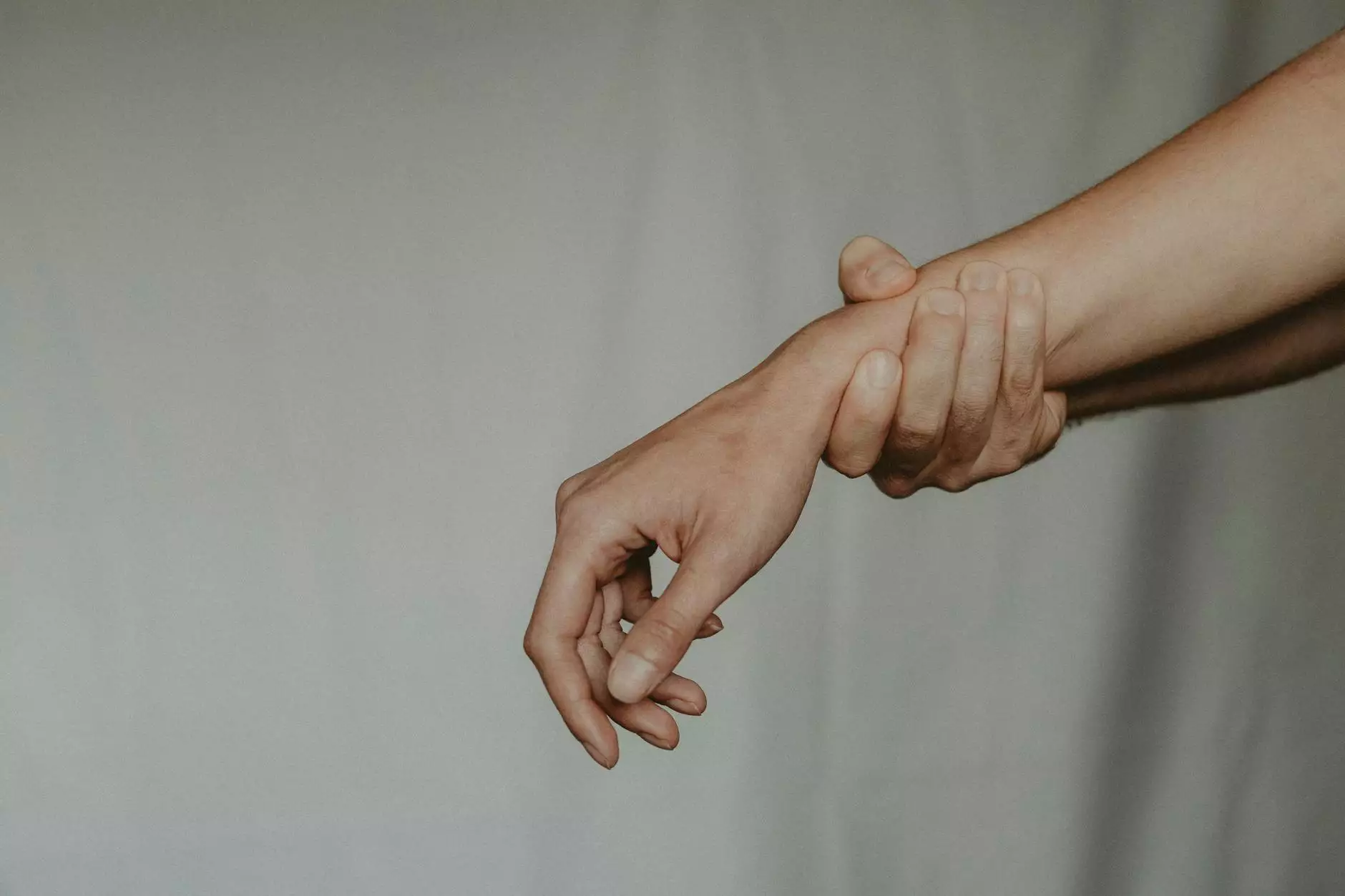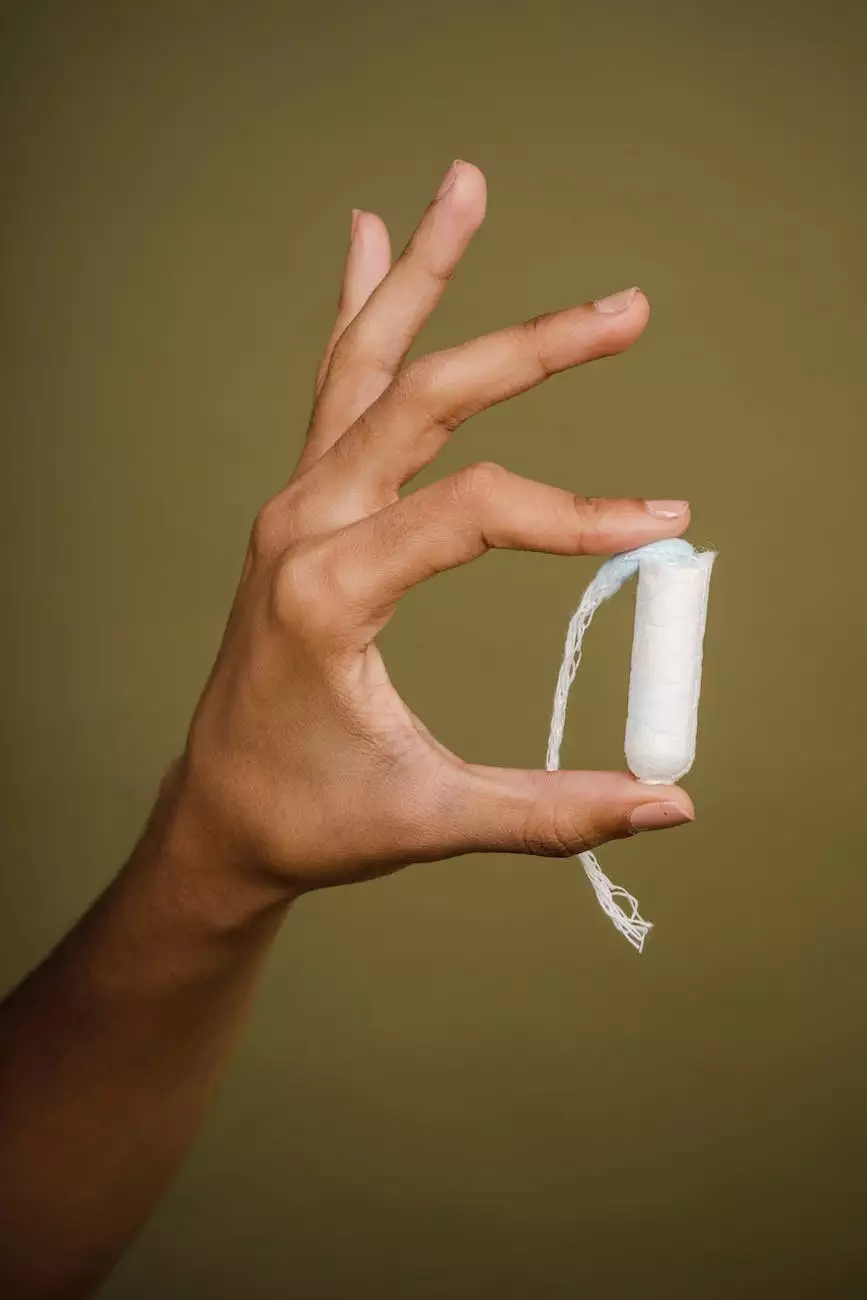Levator Ani Avulsion and Pressure/Pain

Understanding Levator Ani Avulsion
The levator ani is a group of muscles located in the pelvic region, specifically around the anus and rectum. Levator ani avulsion occurs when these muscles are partially or completely detached from their attachments, leading to various symptoms and discomfort for individuals affected.
Causes of Levator Ani Avulsion
Several factors can contribute to the development of levator ani avulsion. Common causes include:
- Childbirth trauma: The process of vaginal childbirth can exert significant pressure on the pelvic floor muscles, potentially resulting in avulsion.
- Chronic constipation or straining during bowel movements: Regularly straining or experiencing prolonged constipation can strain the pelvic floor muscles and increase the risk of avulsion.
- Intense or repetitive physical activities: Engaging in activities that require frequent heavy lifting or intense strain on the pelvic area can contribute to muscle damage.
Symptoms of Levator Ani Avulsion
Levator ani avulsion can manifest through various symptoms, which may include:
- Rectal or anal pain: Discomfort or pain in the rectal or anal region, which can be constant or intermittent.
- Incontinence: Difficulty controlling bowel movements and sudden urges to defecate.
- Urinary symptoms: Increased frequency of urination, urgent need to urinate, or leakage.
- Sexual dysfunction: Reduced sexual sensation or pain during intercourse.
- Lower back pain: Radiating pain in the lower back, often accompanied by muscle tension.
- Depression and anxiety: Living with chronic pain and discomfort can take a toll on mental well-being.
Treatment Options for Levator Ani Avulsion
When it comes to managing levator ani avulsion and alleviating the associated symptoms, Gentle Rolfing adopts a holistic approach to health and wellness. Our experienced practitioners combine various techniques to provide effective treatment options:
Rolfing Structural Integration
Rolfing is a specialized form of bodywork that focuses on integrating and aligning the body's structure. By addressing imbalances and restrictions in the fascia, connective tissue that surrounds muscles, Rolfing aims to restore optimal function and balance to the pelvic floor region.
Pelvic Floor Rehabilitation
Gentle Rolfing's skilled practitioners incorporate specific exercises and targeted movements to rehabilitate the pelvic floor muscles. These exercises aim to strengthen weakened muscles, improve coordination, and restore optimal functioning.
Manual Therapy
In addition to Rolfing and pelvic floor rehabilitation, manual therapy techniques such as myofascial release and trigger point therapy may be utilized. These hands-on approaches help release tension and improve muscle function, enhancing overall well-being.
Prevention and Self-Care
While it is not always possible to prevent levator ani avulsion entirely, certain steps can reduce the risk or manage symptoms:
- Maintain a healthy lifestyle: Regular exercise, a balanced diet, and proper hydration can contribute to pelvic floor muscle health.
- Practice good bowel habits: Avoid straining during bowel movements and maintain regularity with a fiber-rich diet.
- Engage in pelvic floor exercises: Strengthening the pelvic floor muscles through exercises like Kegels can help support their integrity.
- Seek professional guidance: If you experience any symptoms or concerns related to levator ani avulsion, consult with experienced healthcare professionals, such as Gentle Rolfing's practitioners, for personalized guidance.
Find Relief with Gentle Rolfing
At Gentle Rolfing, we understand the impact levator ani avulsion can have on your daily life and overall well-being. Our dedicated team is committed to providing personalized, comprehensive care to help you find relief and restore your quality of life.
Contact Gentle Rolfing today to schedule a consultation or learn more about our holistic approach to health and wellness.










